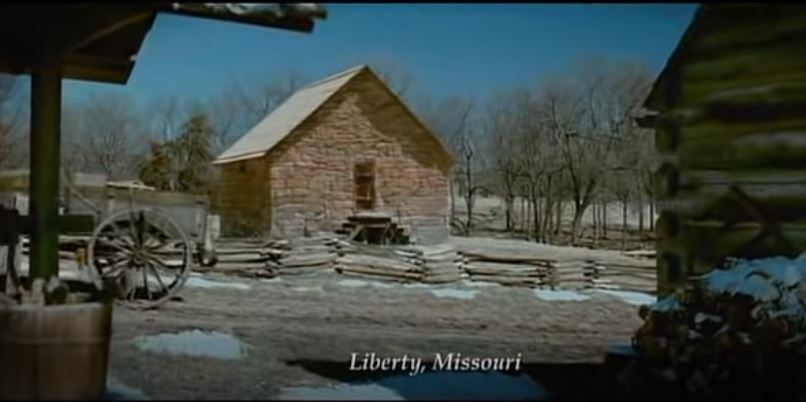To accompany your Come Follow Me study for October 20-26
In addition to reading these sections you will want to read:
- Chapter 46: Doctrine and Covenants 121:1–10; 122–123 (churchofjesuschrist.org)
- Chapter 47: Doctrine and Covenants 121:11–46 (churchofjesuschrist.org)
- Joseph Smith’s Revelations, Doctrine and Covenants 121 (churchofjesuschrist.org)
- Joseph Smith’s Revelations, Doctrine and Covenants 122 (churchofjesuschrist.org)
- Joseph Smith’s Revelations, Doctrine and Covenants 123 (churchofjesuschrist.org)
- Saints, 1:323–96;
- “Within the Walls of Liberty Jail,” Revelations in Context, 256–63.
You may also enjoy the following videos:
If you would like a Kahoot game related to these sections which you could use with your family or your class, or which you could play or learn from individually by converting it to a “Challenge” version, click here: https://create.kahoot.it/share/doctrine-and-covenants-121-123/90a039d6-9daa-4d33-b654-c83aa0d0a929. To use it with a group, after clicking on this link, you will need to log into Kahoot, creating a free account if you have not done so previously, then click on the blue “Host Live” button or the gray “Assign” button, depending on how you wish to use the Kahoot. Some of the Kahoot questions may presuppose that the player has read through the suggested answers to the following Points to Ponder and at least has browsed the Institute student manual as well.
Points to Ponder in Doctrine and Covenants 121-123
1. To the nearest whole month, for how many months had Joseph Smith been incarcerated before he received the comfort contained in D&C 121?
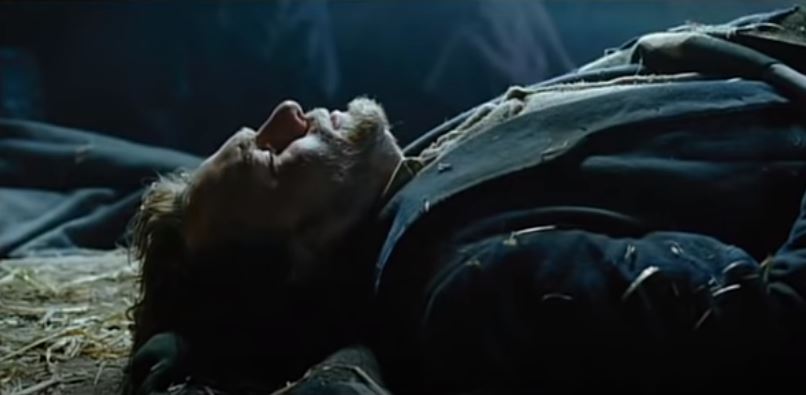
2. In your own words, list at least five major reasons Joseph Smith should have felt comforted by D&C 121. (You should be able to find at least seven.)

3. Give hypothetical examples of “unrighteous dominion” in five different settings or relationships.
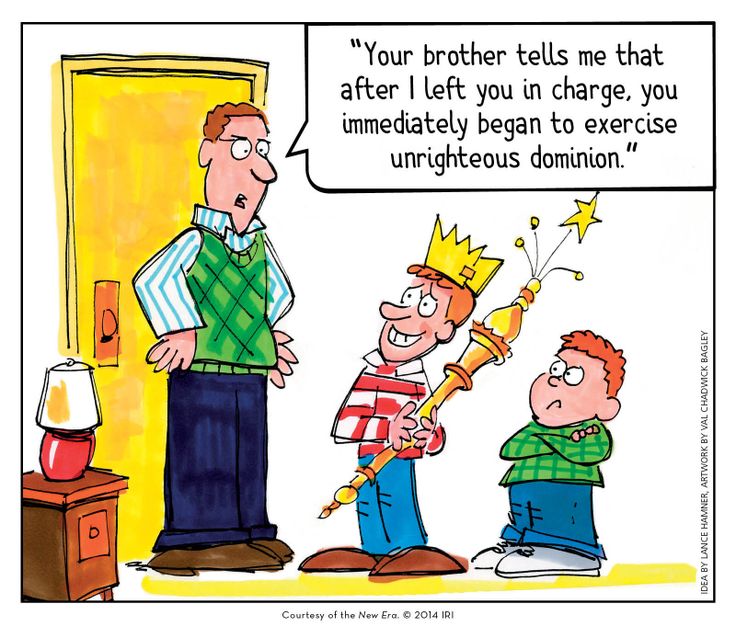
4. What does 121:37 mean when it suggests that one who is unrighteous in any degree loses his priesthood, when it generally takes a major offense to get one excommunicated? What happens if an unworthy priesthood holder performs an ordinance? Does it have to be performed again?
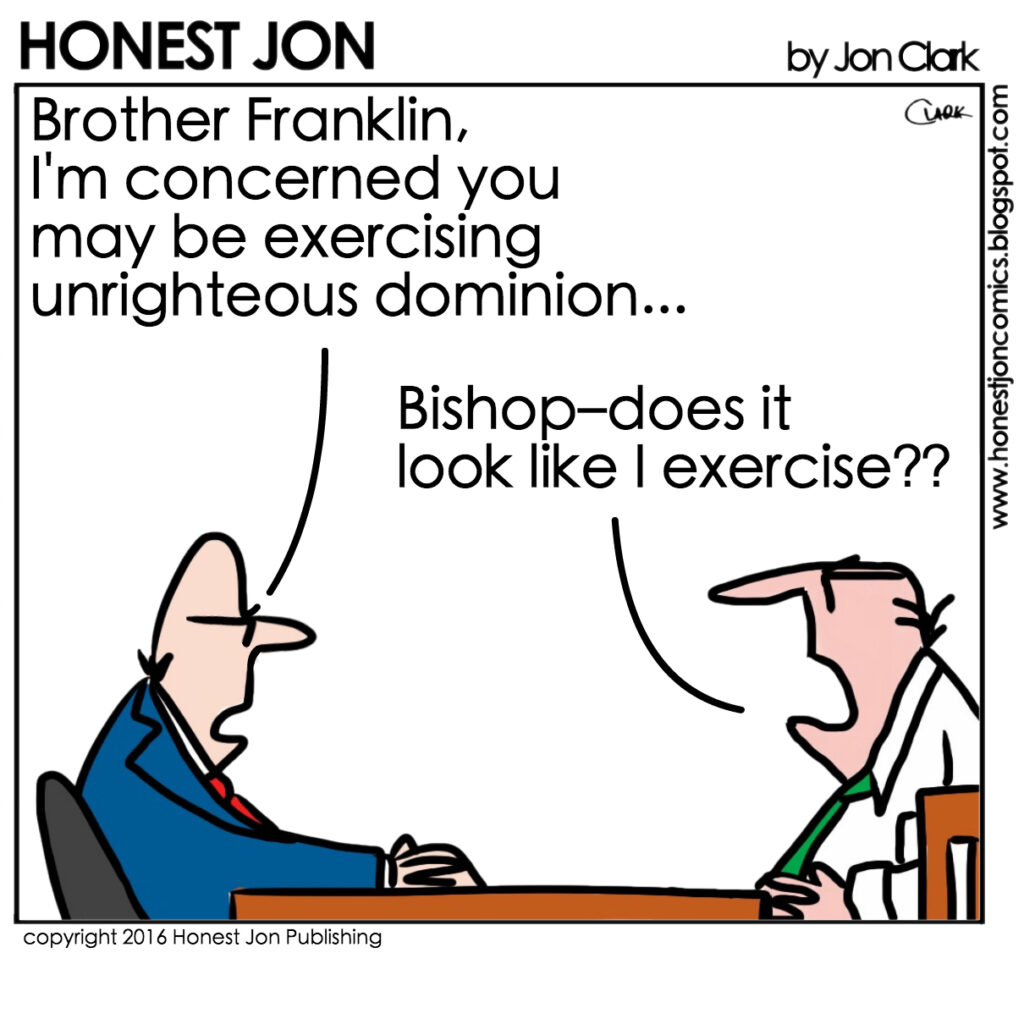
5. What, of all the qualities mentioned in D&C 121 of a righteous and effective leader, seem to you to be the most important?

6. Why do many Latter-day Saints misunderstand the full meaning of D&C 121:43?
7. Which of the following do you think is meant by the promise in 121:45 that “then shall thy confidence wax strong in the presence of God”?
- You’ll be confident that God is present.
- That you’ll feel confident when you are in God’s presence.

8. What is the antecedent (stated or implied) of the word “them” in 122:8?
9. How would you translate “concatenation of diabolical rascality and nefarious and murderous impositions” (123:5) into English that a teenager would understand?
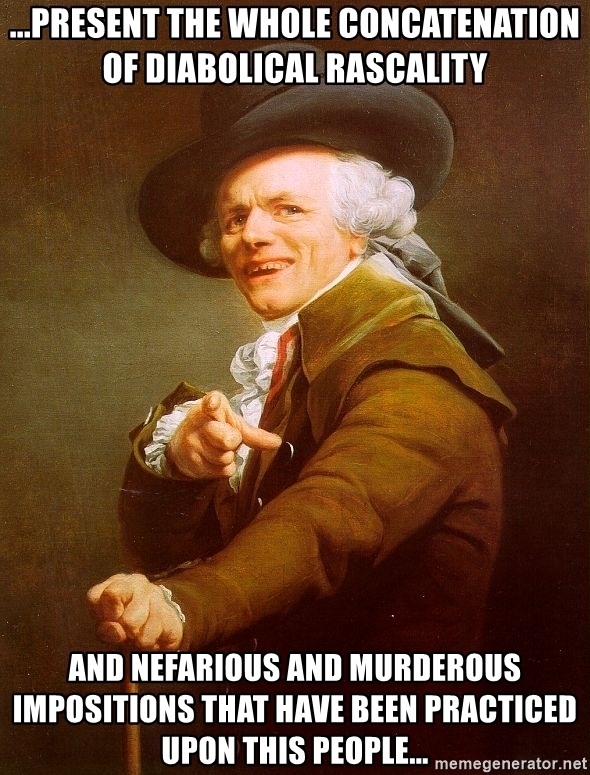
10. What significance do you see in the Prophet’s use of such big words as he used in 123:5?
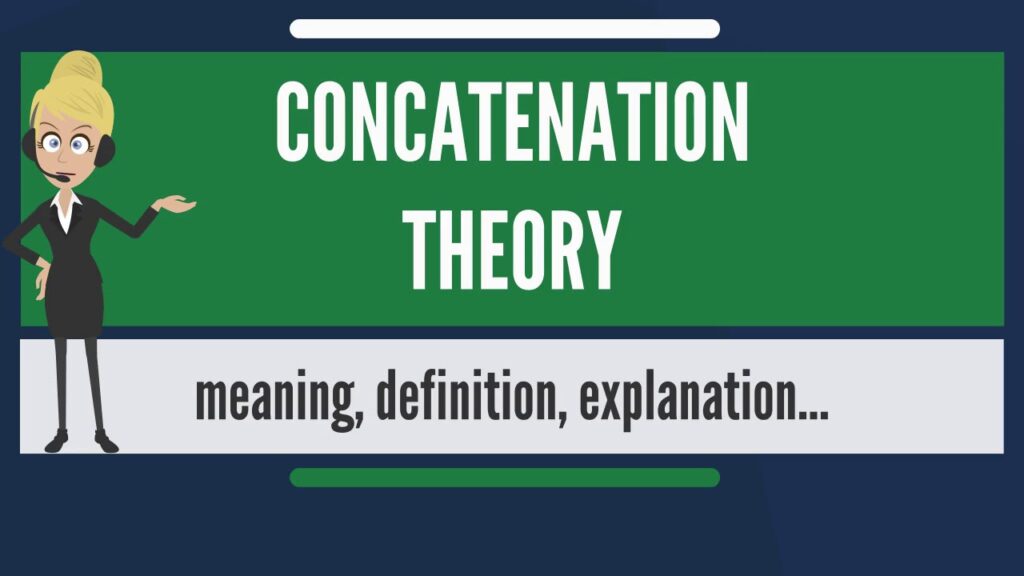
11. Which verse in D&C 123 do you believe to be the most important for Latter-day Saints of today, and why?
Possible Answers to Points to Ponder in Doctrine and Covenants 121-123
1. To the nearest whole month, for how many months had Joseph Smith been incarcerated before he received the comfort contained in D&C 121?
Five: From October 31 till March 20 (A month in Richmond and the rest in Liberty)

2. In your own words, list at least five major reasons Joseph Smith should have felt comforted by D&C 121. (You should be able to find at least seven.)
- His difficulties wouldn’t last long. (121:7)
- Exaltation lay ahead if he was faithful. (121:8, 29)
- Job and Jesus had both had it worse. (121:10; 122:8)
- His enemies would be punished by the Lord. (121:11, 15, 19-24)
- The “unspeakable gift of the Holy Ghost” would be with him here and now. (121:26, 46)
- Difficulties would give him experience and be for his good. (122:7)
- God would be with him forever and ever. (122:9)

3. Give hypothetical examples of “unrighteous dominion” in five different settings or relationships.
Your choice. Possibilities would include:
- A husband bossing his wife around because he “holds the priesthood”
- Parents restricting children’s behavior just to show them who is in charge
- A boss ordering his employees around unkindly.
- A Sunday School teacher ruling definitively on the location of the Ten Tribes
- A missionary senior companion who disregards the opinions of his junior
4. What does 121:37 mean when it suggests that one who is unrighteous in any degree loses his priesthood, when it generally takes a major offense to get one’s membership withdrawn? Does this mean that if an unworthy priesthood holder performs an ordinance, it has to be performed again?
There may be three meanings here: (1) Unrighteous priesthood holders will eventually lose their priesthood–certainly they will not possess it in eternity. (2) Those who are unrighteous won’t really represent the Lord here and now. E.g., they won’t know what to say in a blessing, or how to function in their calling. (3) Those guilty of serious sins will be restricted by their priesthood leader from exercising their priesthood. None of this means, however, that such ordinances as baptism or ordination are invalid if the officiator is later found to have been unworthy.
5. What, of all the qualities mentioned in D&C 121 of a righteous and effective leader, seem to you to be the most important?
Your choice. I would suggest the following:
- love (121:41, 43)
- leadership through persuasion rather than compulsion (121:37, 39, 41, 46)
- willingness to speak with clarity and boldness when so prompted (121:43)
6. Why do many Latter-day Saints misunderstand the full meaning of D&C 121:43?
Many think the word “betimes” means “sometimes,” or “occasionally.” Its real meaning, especially in Joseph Smith’s day, was “soon,” or “promptly.” It has come to have a second usage in North America, where it’s use to mean “sometimes” is now considered acceptable. But such a meaning is not suggested in the 1828 edition of Webster’s dictionary, which reflects how the language was used in Joseph Smith’s day.
7. Which of the following do you think is meant by the promise in 121:45 that “then shall thy confidence wax strong in the presence of God”?
a. You’ll be confident that God is present.
b. That you’ll feel confident when you are in God’s presence.
Both will be true. It is unclear which the Lord himself meant here or what Joseph Smith understood the phrase to mean.
8. What is the antecedent (stated or implied) of the word “them” in 122:8?
Evidently it refers to the kind of misfortunes and tribulations mentioned in the preceding seven verses.
9. How would you translate “concatenation of diabolical rascality and nefarious and murderous impositions” (123:5) into English that a teenager would understand?
Maybe “series of devilish deeds and terribly wicked and deadly persecutions”
10. What significance do you see in the Prophet’s use of such big words as are used in 123:5?
Though lacking formal education, the Prophet had a high degree of intelligence, read all he could, and had a great grasp of the English language, setting an example worthy of our emulation.
11. Which verse in D&C 123 do you believe to be the most important for Latter-day Saints of today, and why?
Your choice. I might pick v. 12, reminding us as it does that there are a lot of good people out there who are just waiting to hear our message. V. 17 would be a close second, which highlights our need to do cheerfully all that is in our power. Most of the rest of the section has more of an historical importance and is not really intended to be direction for each member.

